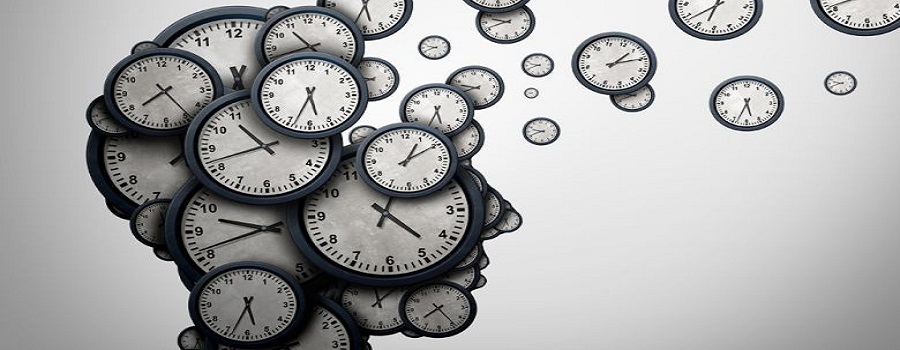It is curious how, at the moment we find ourselves, our sense of time has been so disrupted due to the confinement to which the entire population is subjected.
Humanity has developed all kinds of tools that allow us to feel we have everything under control. That is why the most common way to corroborate the passage of time is the use of the clock. But right now, is the clock really that reliable? And, if so, Why does time seem to pass so slowly? What if the clock is just another of the illusions invented by humanity to appear to control something as intangible as time?

Time is much more than a number, time must be lived and felt in order to experience its passage. Our perception of time is very subjective and maintains a close relationship with the emotional situation that we now endure. Most of us have noticed at some point in our lives how the speed of time is a variable factor linked to our emotions. In comfortable situations the time flies by, when we do some pleasant or new activity, when we are motivated or when we are at the top of tasks. The opposite happens when we are having a bad time, when we are impatient or in any uncomfortable situation, such as being in danger or when we are bored. Also, special mention to the slowness of the time when we are paying attention to it, that is, when we keep an eye on the passage of the minutes, for example, when doing sports or going to the gym.
The previous observations lead us to understand the importance of how the subjective assessment we make of the perception of time influences this in our lives. Ramón Bayés (El reloj emocional; Barcelona: Alienta Ed. 2007), encourages us to examine the elements that influence this perception, as it is important for our mental health, ‘managing internal time, that is, the time we subjectively appreciate, it is very important to achieve well-being’. We are in constant war with time, sometimes wishing it would go faster and sometimes slower. What we have to ask ourselves in these cases is what subjective factors motivate us to have an expectation about how time should pass. That is, asking ourselves what emotions lead us to think that time is passing very slowly or very fast, and once identified, focus on these because it is what we have, time will never be in our hands. In this way we also help control the emotional alarms of the brain that can generate a state of stress that can seriously harm our health. Remember that stress releases hormones such as cortisol and one of the consequences of this is the depression of the immune system, a system that today more than ever is convenient for us to keep it as healthy as possible.
- Extending the years of life in a natural way - 12 November 2021
- The new paradigm we are waiting - 30 December 2020
- The passage of time - 20 April 2020
